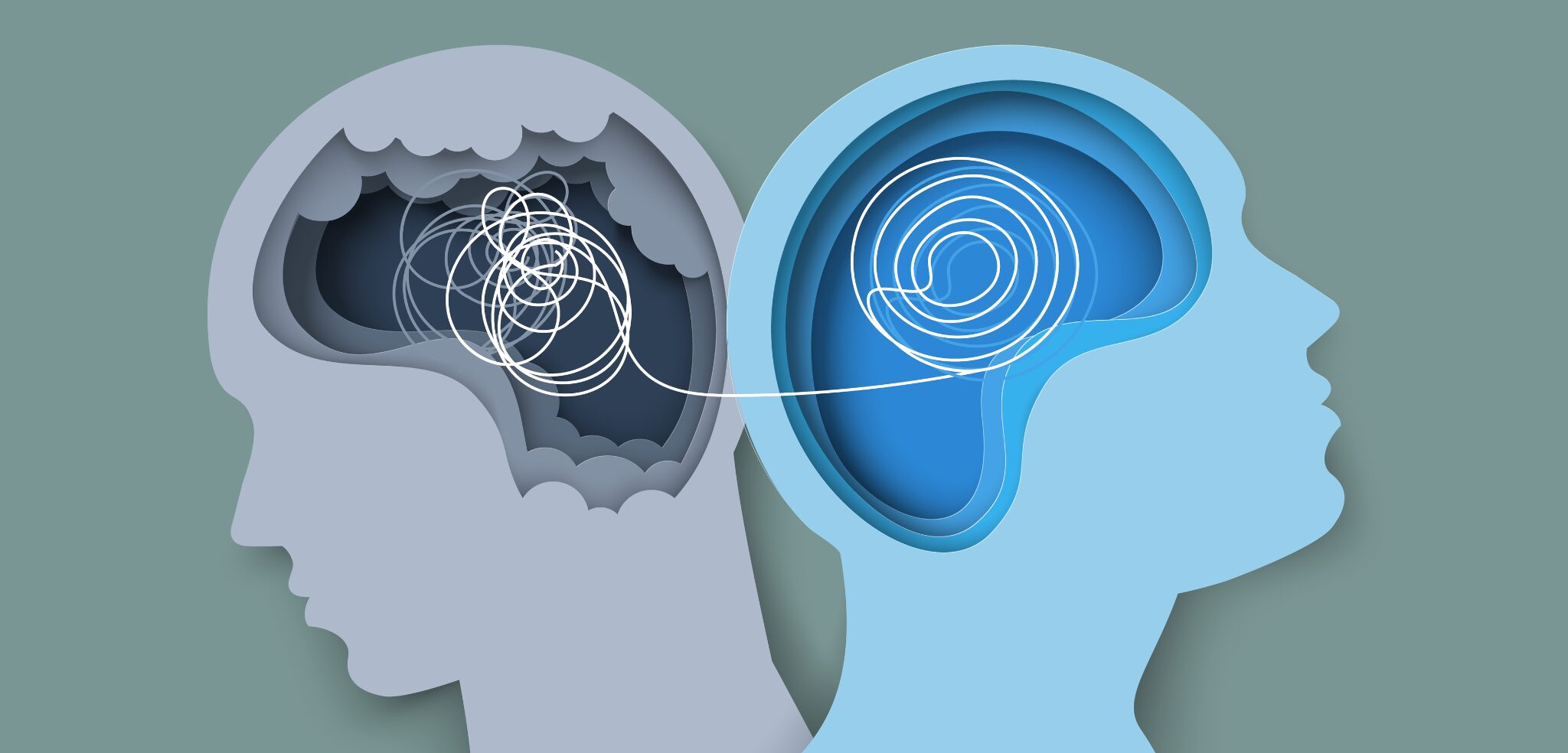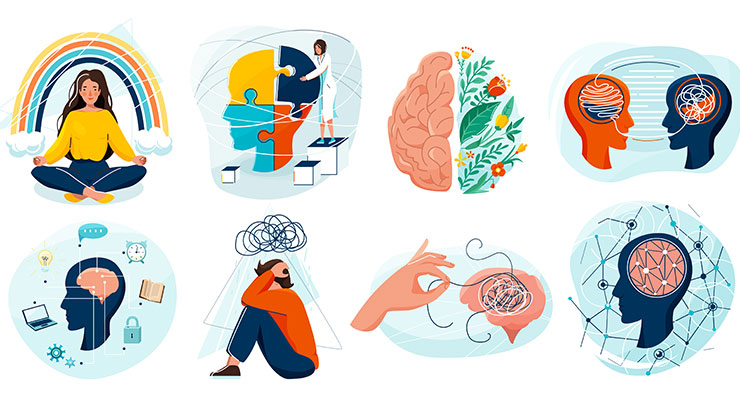Comprehensive Inpatient Mental Health Solutions for Effective Therapy
Inpatient mental wellness services represent a critical component of the health care system, providing a extensive and structured atmosphere for people experiencing extreme psychological distress. These services use a multidisciplinary approach, integrating different evidence-based therapies to attend to the intricate needs of individuals. The effectiveness of such comprehensive care prolongs beyond instant stablizing; it additionally incorporates the shift to outpatient assistance, an essential phase typically overlooked - Inpatient Mental Health Facility. Checking out the nuances of this continuum exposes significant ramifications for both private recovery and wider psychological health results. What factors absolutely affect this change, and exactly how can we improve its efficiency?
Recognizing Inpatient Mental Health And Wellness Services
Inpatient psychological health and wellness services give crucial assistance for people experiencing severe emotional distress that can not be handled effectively in an outpatient setup. These services are made to use an extensive level of treatment in a structured setting, typically within a medical facility or specialized center. Clients confessed to inpatient programs usually display acute signs and symptoms, such as suicidal ideation, extreme depression, or psychosis, demanding round-the-clock surveillance and intervention.
The admission process generally includes a thorough evaluation by psychological health experts, that evaluate the individual's psychological state, history, and instant demands. Once confessed, people engage in a range of healing modalities customized to their details requirements, consisting of drug management, private treatment, and team sessions. This holistic method intends to maintain the individual's problem, advertise safety, and foster coping skills.
Inpatient psychological wellness solutions not just address immediate health issues yet also function as a bridge to continuous care. By supplying a regulated setting, these solutions facilitate the development of therapy plans that can be continued in outpatient settings, thus guaranteeing a continuum of care and enhancing long-lasting results for people with intricate mental health needs.
Key Components of Effective Treatment
Effective treatment in inpatient psychological wellness solutions comprises several essential components that foster recovery and stablizing. Firstly, a comprehensive analysis is important to identify the person's particular requirements and difficulties. This analysis notifies the advancement of a tailored therapy strategy, which works as a roadmap for intervention.
One more vital component is the multidisciplinary group technique. Partnership amongst psychoanalysts, psychologists, nurses, and social employees makes certain that numerous point of views contribute to the person's care, enhancing the performance of treatment. Evidence-based healing techniques, such as cognitive-behavioral therapy (CBT) and dialectical behavior modification (DBT), are additionally essential, providing organized techniques that resolve maladaptive thought patterns and behavior problems.

Lastly, an emphasis on aftercare preparation is essential to make certain a seamless transition to outpatient solutions, reducing the threat of relapse and advertising long-lasting wellness. These cumulative components develop an efficient therapy framework within inpatient psychological health solutions.
Benefits of Comprehensive Treatment

Thorough care in inpatient psychological wellness services provides many advantages that dramatically enhance client results. Among the key advantages is the all natural strategy to treatment, dealing with not just the emotional signs and symptoms yet also the physical, social, and emotional needs of individuals. This thorough analysis permits customized interventions that promote total well-being.
One more benefit is the combination of multidisciplinary groups, which promotes partnership among health care experts. This collective atmosphere guarantees that clients receive coordinated treatment, minimizing the danger of fragmented treatment and improving communication among caretakers. In addition, thorough treatment assists in continuity of services, permitting seamless transitions from inpatient to outpatient setups, which is critical for lasting healing.

Lastly, the structured setting of thorough inpatient treatment supplies a risk-free space for individuals to take part in restorative activities, assisting them develop coping strategies and resilience. Jointly, these benefits contribute to a lot more reliable treatment and improved top quality of life for people experiencing mental health situations.
Evidence-Based Restorative Methods
In the world of psychological health therapy, evidence-based restorative methods play an important role in making certain that individuals receive reliable and clinically supported treatments. These approaches incorporate the most effective readily available research study with clinical expertise and person values, fostering a tailored therapy experience that addresses specific needs.
Cognitive Behavior Treatment (CBT) is one of inpatient mental health treatment the most extensively recognized evidence-based techniques, concentrating on recognizing and changing unfavorable thought patterns and actions. This organized approach has demonstrated effectiveness in dealing with problems such as ptsd, anxiousness, and clinical depression. In A Similar Way, Dialectical Behavior Modification (DBT) is particularly effective for people with borderline individuality problem, emphasizing the development of emotional policy and social effectiveness skills.
Furthermore, drug monitoring is usually an essential component of evidence-based treatment, as psychotropic medicines can alleviate signs and symptoms and improve overall performance. Collective treatment designs, which include multidisciplinary groups, additionally boost the effectiveness of inpatient services by ensuring detailed examinations and continual surveillance.
Inevitably, the combination of evidence-based healing approaches not just advertises favorable scientific outcomes but also encourages clients, cultivating a sense of company and durability in their mental health trips.
Transitioning to Outpatient Support
The transition from inpatient mental health and wellness solutions to outpatient assistance notes a critical phase in a client's recovery journey. This period requires mindful planning and control to ensure continuity of treatment and to alleviate the risks of relapse or dilemma. Efficient discharge preparation need to commence early in the inpatient keep, entailing a multidisciplinary team that consists of psychiatrists, psycho therapists, registered nurses, and social workers.
Crucial element of an effective shift consist of the growth of a comprehensive aftercare strategy customized to the individual's certain requirements. This plan needs to describe follow-up appointments, medicine management, and therapeutic interventions, in addition to determine community resources and support groups that can facilitate ongoing healing.
Furthermore, client and family education is essential during this phase. Recognizing the indicators of potential troubles and the relevance of adhering to therapy can encourage clients and their assistance systems.
Regular follow-up and review of the outpatient plan are necessary to resolve evolving difficulties. By fostering a joint connection between outpatient and inpatient companies, the likelihood of sustained recuperation boosts, ultimately enhancing the individual's lifestyle and lowering the threat of readmission.

Conclusion
In recap, extensive inpatient mental health and wellness solutions provide an important framework for resolving extreme psychological distress with a multidisciplinary method. Ultimately, such comprehensive care is vital for long-term mental health and wellness and health.
The admission process normally entails a detailed evaluation by psychological health experts, who assess the person's psychological state, background, and immediate needs.Effective treatment in inpatient mental wellness services comprises several essential elements that cultivate recuperation and stablizing.Detailed treatment in inpatient mental health and wellness services offers various advantages that dramatically improve patient results.The change from inpatient psychological health and wellness services to outpatient support notes a critical phase in a person's recovery journey.In recap, extensive inpatient mental health services offer a crucial framework for attending to serious emotional distress with a multidisciplinary method.